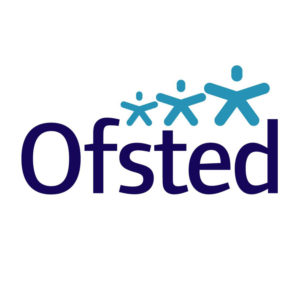Chapter Contents
Pathway Plans
The law says that the pathway plan should be in place within 3 months of the young person’s 16th birthday. This is intended to give plenty of time for life skills development before they leave care at 18.
The pathway plan, which contains the same core elements as a care plan, will include:
- The young person’s support needs and who will provide support
- Plans for education or training.
- Plans in relation to employment.
- Housing/accommodation plans
- Support for relationships with family and friends.
- Practical skills needed and a programme to develop them.
- Financial needs and arrangements.
- Health needs and how they will be met.
- Arrangements to meet needs in relation to identity.
- Contingency plans if things do not work out as planned.
Each young person should be actively involved in drawing up their plan, identifying their personal goals and what help they will need to achieve them.
The pathway plan should be regularly reviewed and updated. This should happen at least every six months and until the young person’s 18th birthday this will be done when they have their six-monthly case review. The personal advisor will continue to review the pathway plan with the young person from 18 to 21 years. From 21-25 years, the young person can request continued support from the local authority if they still need it.
Personal Advisors
The law expects that care leavers will receive support from their local authority as they move from care to independence, just as their peers would receive support from family. The Personal Advisor role is designed to meet this need. The personal advisor will advocate for the young person, making sure that their wishes are reflected in the pathway plan.
Some local authorities employ people for the specific role of Personal Advisor, but others give the task to the leaving care social worker. The personal advisor is the main point of contact for the young person after they leave care. They are responsible for making sure that actions in the Pathway Plan are fulfilled and that the young person is supported. This support can continue up to 25 years if the young person needs it.



